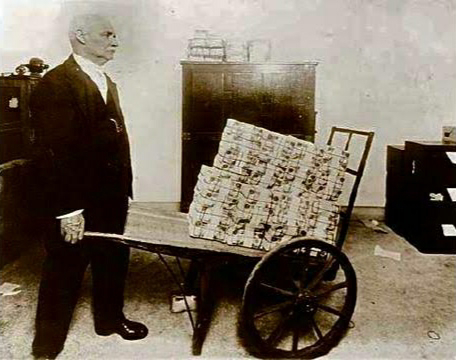Ernst Renan, ‘What is a Nation?’
In a lecture delivered at the University of Sorbonne in 1882, the French philosopher Ernst Renan (1823-92) outlined his understanding of what makes a nation. The lecture was subsequently published as a famous essay entitled ‘Qu’est-ce qu’une nation?’ (‘What is a Nation?’). In this essay Renan criticizes the notion suggested by others that a nation is formed by a common language, race, religion, or territory:
‘A nation is the culmination of a long past of endeavors, sacrifice and devotion. A heroic past, great men, glory, that is the social capital upon which one bases a national idea. To have common glories in the past, to have a common will in the present, to have performed great deeds together, to wish to perform still more, these are the essential conditions of being a people. A nation is therefore a large-scale solidarity … Its existence is a daily plebiscite … A province is its inhabitants; if anyone has the right to be consulted, it is the inhabitant. A nation never has any real interest in annexing or holding on to a country against its will. The existence of nations is a good thing, a necessity even. Their existence is a guarantee of liberty, which would be lost if the world had only one law and only one master.’




Comments
Post a Comment